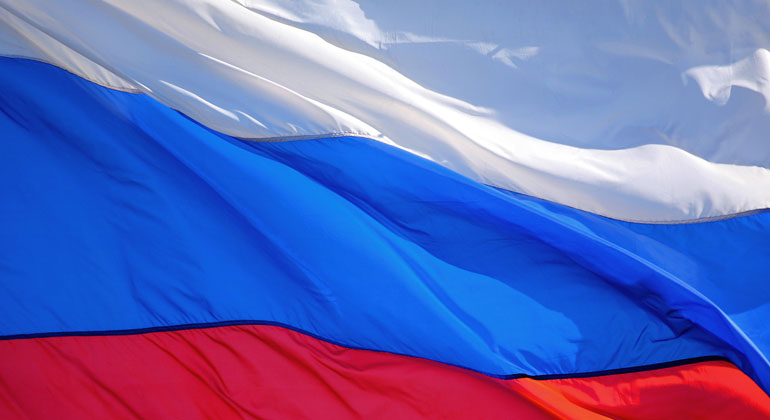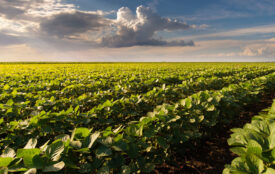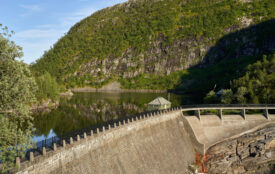Russian gas in the EU: How consumers threaten an international nature reserve
The Kurgalsky nature reserve, which traverses the shallow waters of the Gulf of Finland, numerous islands, and the Kurgalsky Peninsula between Russia and Finland, is home to a great diversity of flora and fauna, supporting numerous species of threatened plants, mammals, birds, amphibians and reptiles.
Despite it’s protected status, investigations conducted by Greenpeace Russia and a local NGO, Green World, have discovered drilling rigs inside the reserve. Kurgalsky is protected by two separate international conventions; one which protects wetlands, and another which protects the fragile marine ecosystem in the Baltic region.
Workers on one of the construction rigs currently operating in the Narva Bay protected area said they are involved in the Nord Stream 2 construction project on behalf of the Saint-Petersburg Museum of Soil Science, conducting soil testing for the consortium of energy companies responsible for the project. This multi-billion dollar pipeline is intended to deliver Russian gas directly to the EU.
Another rig was discovered in the forest, a few kilometres from the shore.
This kind of work is supposed to be prohibited by Russian and International agreements, signed by Russia. Greenpeace Russia has filed a request to the Prosecutor’s office in Leningrad regarding this violation of international environmental agreements.
The construction of Nord Stream 2 through Kurgalsky reserve will threaten the habitat destruction of many rare and endangered species of animals and plants, including the white-tailed sea eagle (Haliaeetus albicilla). Greenpeace experts have confirmed that nesting sites of the white-tailed sea eagle lie within 50 metres of the proposed pipeline route. Despite the risks, Nord Stream 2 AG has announced that running the pipeline through the Kurgalsky Reserve is the optimal route.
The construction of this pipeline will inevitably threaten the habitat of this and the other rare species. It is a gross violation of Russian and international environmental legislation.
As Valery Buzun, a researcher with the Department of Vertebrate Zoology at the Biological Faculty of St. Petersburg University, states, “It will not be just a pipe. There will be also be infrastructure for the pipe. The pipe itself will pass under part of Luga River with it’s islands, reed beds and meadows, home to many birds, wolves and bears. Laying pipe there will destroy this ecosystem”.
The Nord Stream 2 project will make Russian gas consumers like Germany, France, the U.K. and the Netherlands, unwitting participants in an environmental crime. They will share the responsibility for the destruction of one of the most valuable natural areas under international protection, together with the Russian authorities and Gazprom, the Russian state-owned gas producer.
Greenpeace Russia demands the compliance with Russian law and international agreements from the consortium of companies involved in the Nord Stream 2 project.
Evgeny Yusov is a spokesperson for Greenpeace Russia








